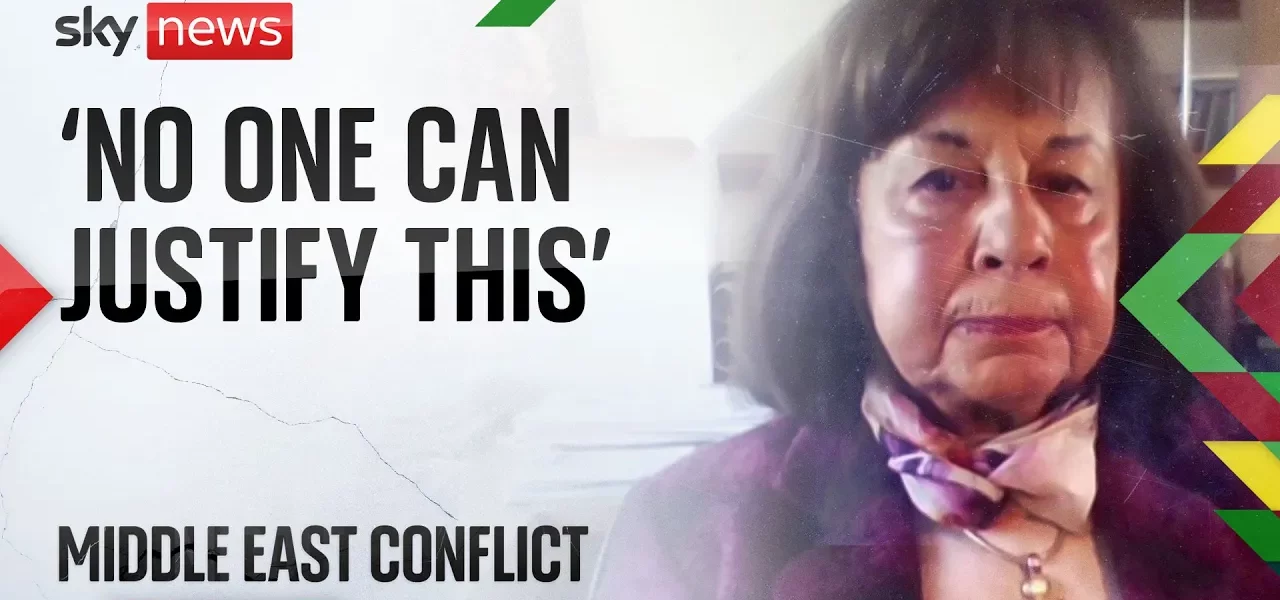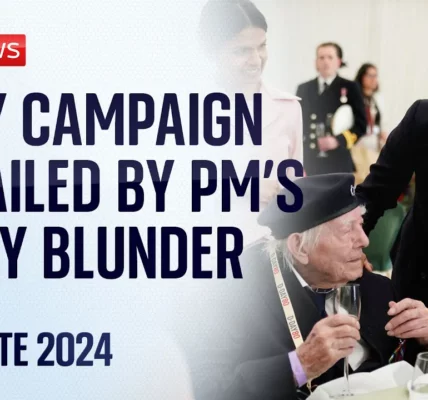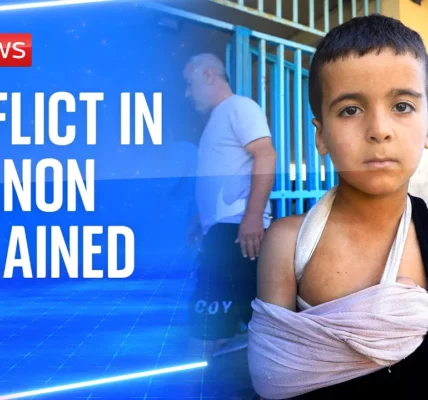In-Depth Discussion on Gaza Crisis with R Ki

This article provides a comprehensive overview of the ongoing humanitarian crisis in Gaza through the insights of R Ki, a Palestinian academic and research fellow. We delve into the complexities of the Israeli-Palestinian conflict, the tragic loss of life, and the implications of international support for Israel.
Introduction
The humanitarian crisis in Gaza has reached unprecedented levels, with recent events amplifying the suffering of countless families. In this article, we explore the poignant insights shared by R Ki, highlighting the stark realities faced by the Palestinian people amidst the ongoing conflict. R Ki’s perspective as a victim of historical injustices provides a unique lens through which we can better understand the current situation, shedding light on both the immediate effects and the long-standing grievances that fuel this tragic conflict.
The Human Cost of Conflict
R Ki emphasizes the devastating toll the ongoing violence has taken on Palestinian civilians. As she articulates, the images emerging from Gaza reveal a stark and heartbreaking reality. This section will elaborate on the human cost of the conflict, highlighting key statistics and personal stories.
Statistics of Destruction
- Over 41,000 Palestinians reported killed since the escalation of violence.
- Approximately 990,000 individuals left injured, many of whom are women and children.
- Destruction of vital infrastructure, including hospitals, schools, and mosques.
The Need for Equitable Representation
R Ki argues that while the loss of Israeli lives is tragic, it is crucial to also recognize the thousands of Palestinian families who have suffered immeasurably. The lack of media representation for Palestinian victims raises ethical concerns about how narratives are shaped in times of conflict.
International Involvement and Responsibility
The discussion shifts to the role of international players in the conflict, specifically the United States and its support for Israel. R Ki critiques the complicity of Western nations in the ongoing violence, arguing that such support enables further acts of aggression against Palestinian civilians.
The Role of the United States
R Ki points out the following key points regarding U.S. involvement:
- The U.S. has historically provided military aid to Israel, affecting the balance of power in the region.
- Criticism of U.S. leadership for failing to pressure Israel to adhere to international law.
- The impact of U.S. foreign policy on the perception of justice and accountability in international relations.
The Ethical Implications of Support
R Ki raises a critical question: what does it mean to support a state that engages in actions deemed genocidal? This section explores the ethical ramifications of international support for Israel and the implications for global human rights.
The Question of a Two-State Solution
During the discussion, R Ki expresses skepticism regarding the viability of a two-state solution, arguing that it perpetuates inequality and fails to address the realities on the ground. This section delves deeper into the arguments against the two-state framework.
Historical Context and Current Reality
The two-state solution is rooted in a historical context that has changed dramatically over the decades. R Ki points out:
- The original inhabitants of Palestine have been systematically marginalized.
- Israeli settlements have expanded, complicating the geography of potential Palestinian statehood.
- The notion of dividing land does not reflect the lived experiences of Palestinians today.
Alternative Visions for Peace
Instead of a two-state solution, R Ki advocates for a vision of equality, where Palestinians and Israelis can coexist as equal citizens within a single democratic state. This perspective challenges conventional narratives and proposes a more inclusive approach to resolving the conflict.
Conclusion
In conclusion, the insights shared by R Ki provide a profound understanding of the complexities surrounding the Gaza crisis and the broader Israeli-Palestinian conflict. As the humanitarian situation continues to deteriorate, it is imperative for the global community to acknowledge the suffering of all civilians and to critically evaluate their support for regimes that perpetuate violence and injustice. It is crucial for individuals and states alike to advocate for policies that prioritize human rights and pave the way for a peaceful future. We invite readers to engage in discussions about these pressing issues and to seek out further information on the humanitarian crisis in Gaza.
“`




